Bahraini political prisoner dies of deliberate medical negligence: Al-Wefaq
Bahrain’s main opposition group, the al-Wefaq National Islamic Society, says a Bahraini political dissident has passed away in a detention center after prison services denied him medical aid, amid reports of alarming conditions of confinement in the kingdom in light of the coronavirus pandemic.
Wefaq said in a statement on Tuesday that Abbas Malallah died at the notorious Jau Prison — where political leaders, human rights defenders, and other prisoners of conscience are kept — “as a result of dangerous, inhumane conditions and medical negligence.”
His body was later laid to rest in his home village of Nuwaidrat, located about 10 kilometers south of the capital, Manama. He is survived by his wife and three children.
Following Malallah’s death, anti-regime protests broke out around Bahrain, including in villages of Hamala, Abu Saiba, Shakhura, Bani Jamra, Northern Sehla, Karrana, Dumistan, Karzakan, Karbabad, al-Dair and Samaheej as well as A’ali town

The protesters carried the pictures of their jailed loved ones, and called for the immediate release of political prisoners amid a sharp increase in the number of coronavirus infections inside Bahraini detention centers.

Malallah was arrested on May 17, 2011 on charges of participation in anti-regime demonstrations. A Bahraini criminal court sentenced him to 15 years and 6 months in prison on trumped-up charges.
His health had steadily deteriorated since 2019 because there were several metal pellets retained in his body as a result of the shots fired by regime forces.
His family had repeatedly expressed serious concern over his deteriorating condition, and appealed to prison authorities to provide him with proper medical treatment, but to no avail.
Detained opposition leader moved to hospital over COVID-19 infection
Separately, detained opposition figure and former member of parliament, Sheikh Hassan Issa, has been admitted to the hospital after he reported chronic fatigue and muscle weakness because of COVID-19 infection.

On Monday, Bahrain’s most prominent cleric Ayatollah Sheikh Isa Qassim expressed concern over the poor healthcare situation in the country’s prisons and jails, renewing his call for the immediate release of political inmates in light of the deadly coronavirus pandemic.
Sheikh Qassim called on Bahraini protesters demanding the freedom of imprisoned opposition figures to continue their demonstrations.
“Show the world how the oppressed people stand up for their rights and never compromise on them. At the same time, they do not allow their anger and outrage to take them away from observing the norms of their religion and wisdom,” the senior cleric said.
Demonstrations in Bahrain have been held on a regular basis ever since a popular uprising began in mid-February 2011.
The participants demand that the Al Khalifah regime relinquish power and allow a just system representing all Bahrainis to be established.
Manama, however, has gone to great lengths to clamp down on any sign of dissent.
On March 5, 2017, Bahrain’s parliament approved the trial of civilians at military tribunals in a measure blasted by human rights campaigners as being tantamount to imposition of an undeclared martial law countrywide.
King Hamad bin Isa Al Khalifah ratified the constitutional amendment on April 3, 2017.
Iran: US airstrikes on Yemen war crimes, violation of international law
Yemeni armed forces down F-18 fighter jet, repel US-UK attack: Spokesman
Iran warns against US-Israeli plot to weaken Muslims, dominate region
VIDEO | Public uproar in US against Israeli regime
‘Ghost town’: 70% of Jabalia buildings destroyed by Israel
Mother’s Day: Sareh Javanmardi’s inspiring journey as Paralympic champion and mother
Russia downs over 40 Ukrainian drones as Putin vows 'destruction' on Kiev
VIDEO | Yemen: A bone in Israeli neck


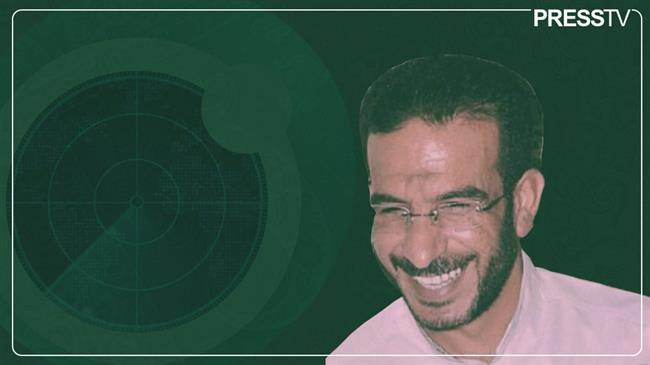

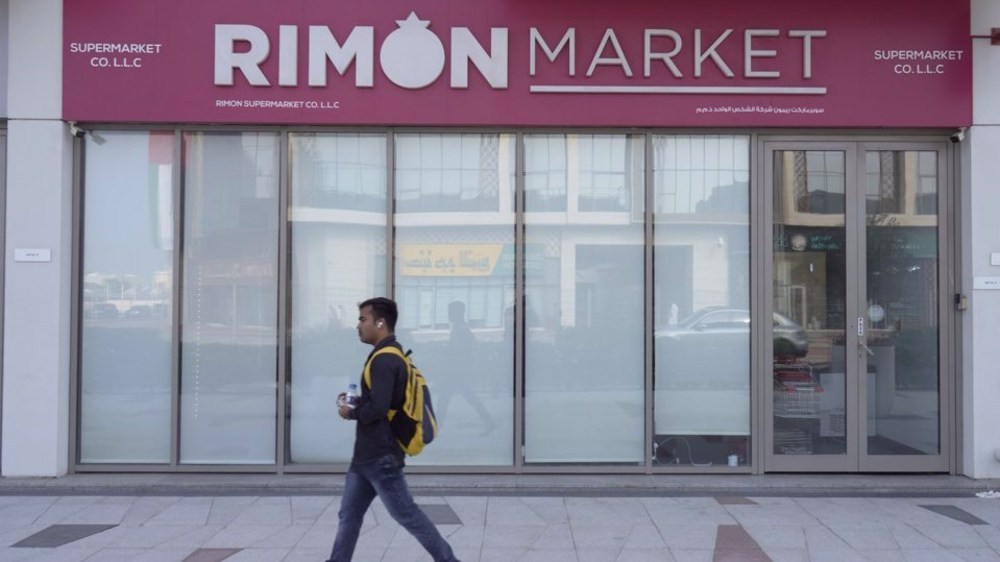





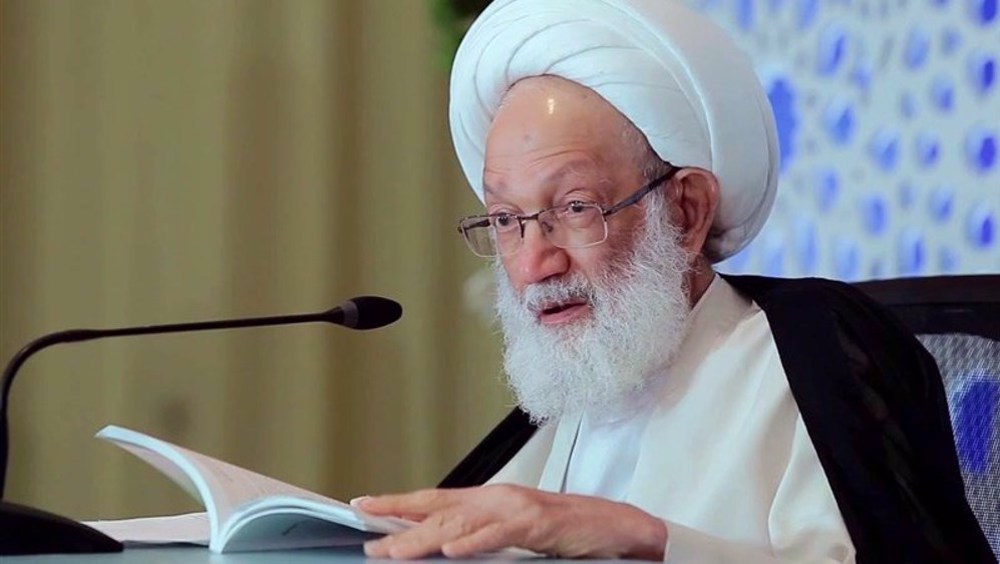
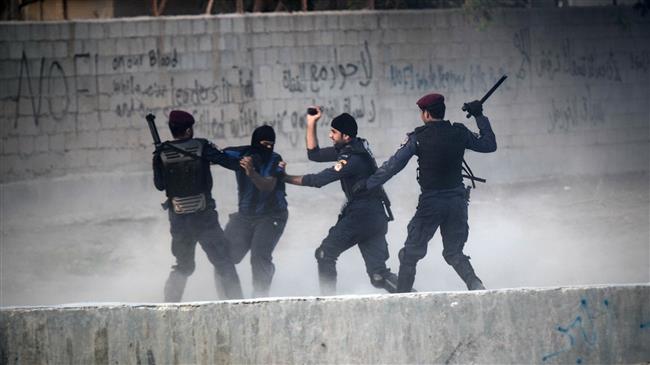
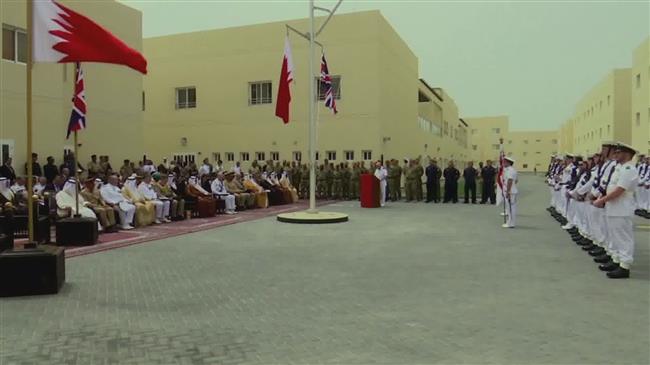
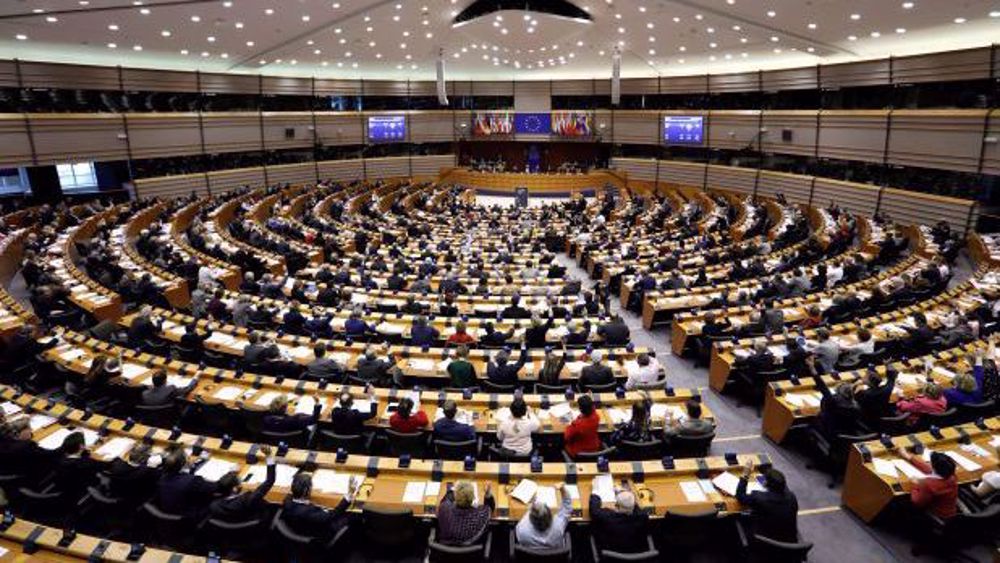
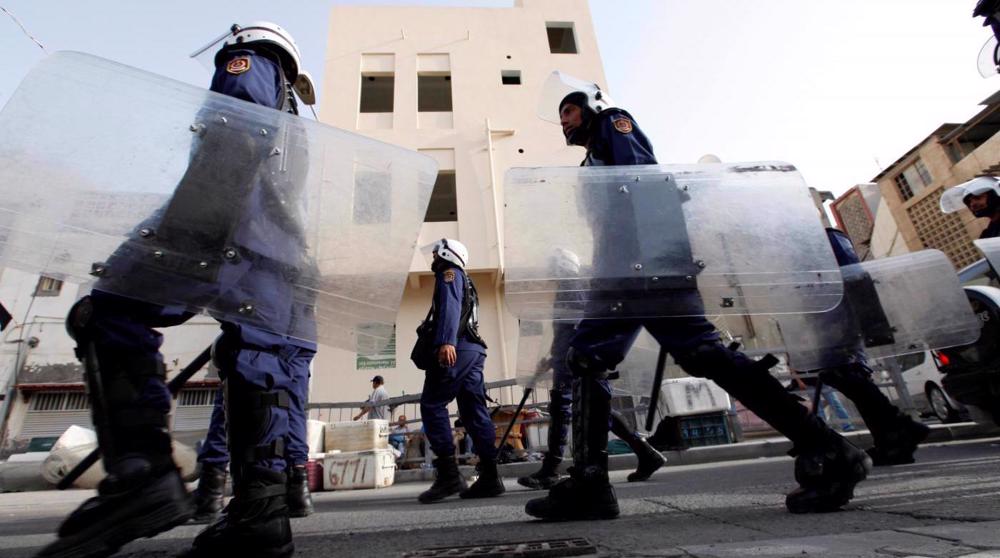
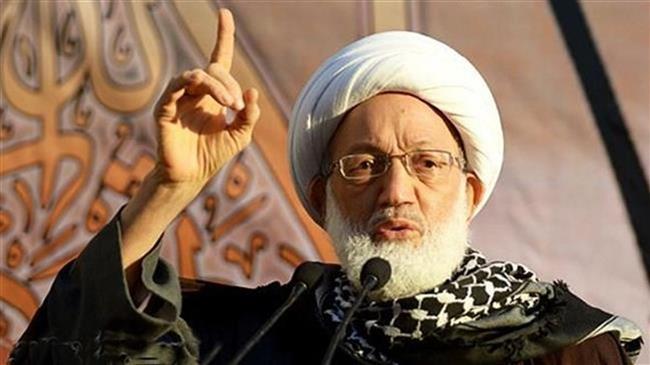
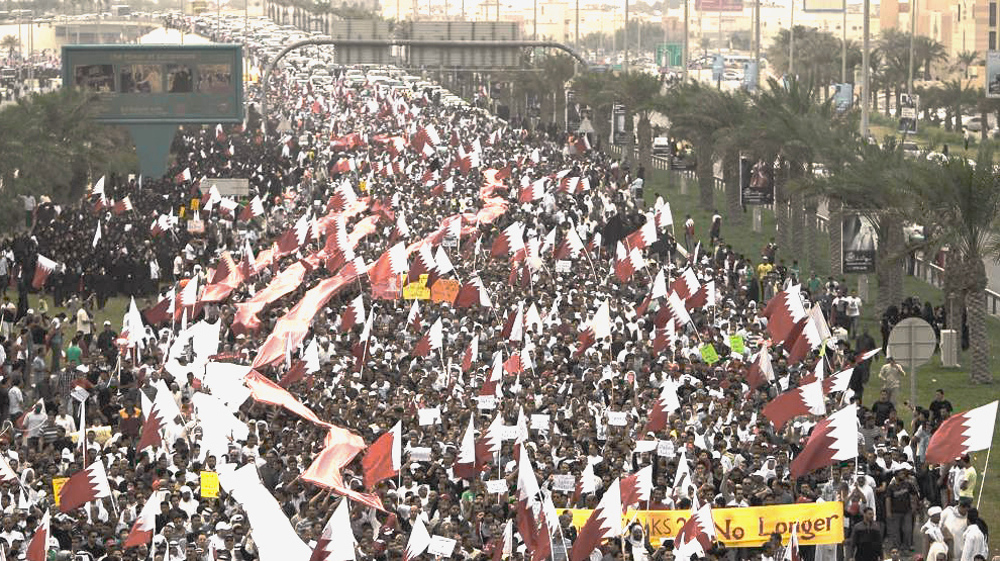

 This makes it easy to access the Press TV website
This makes it easy to access the Press TV website